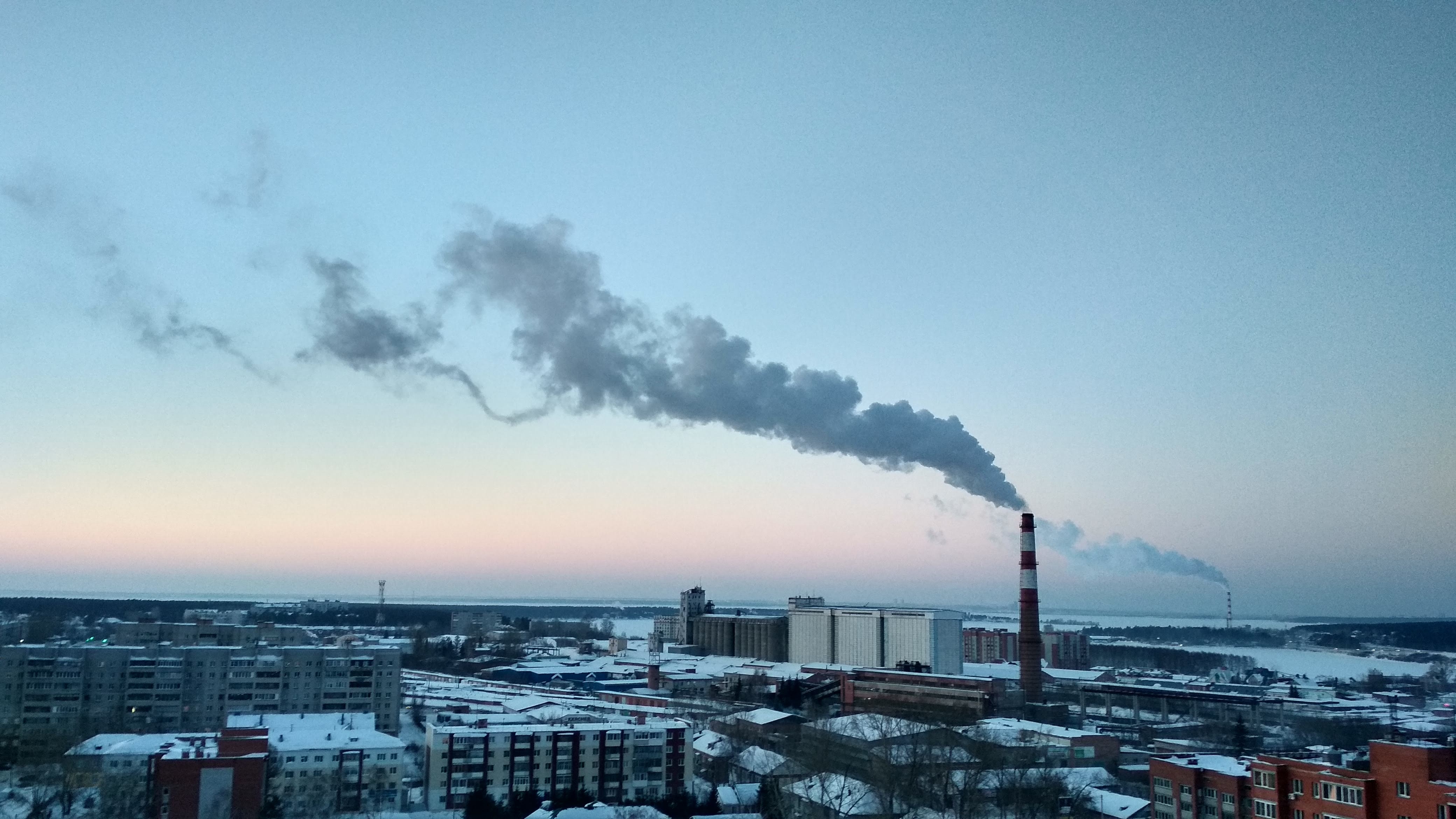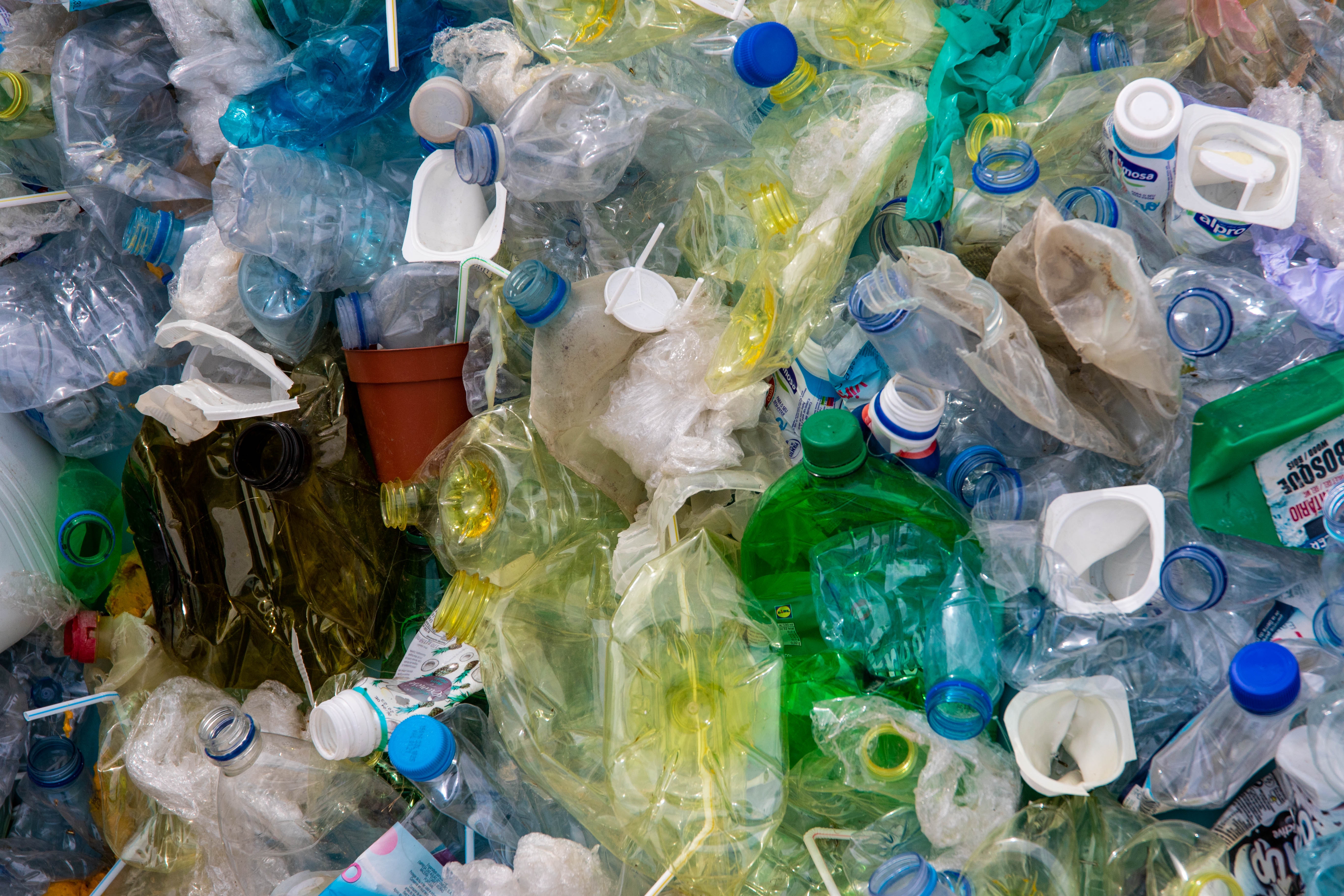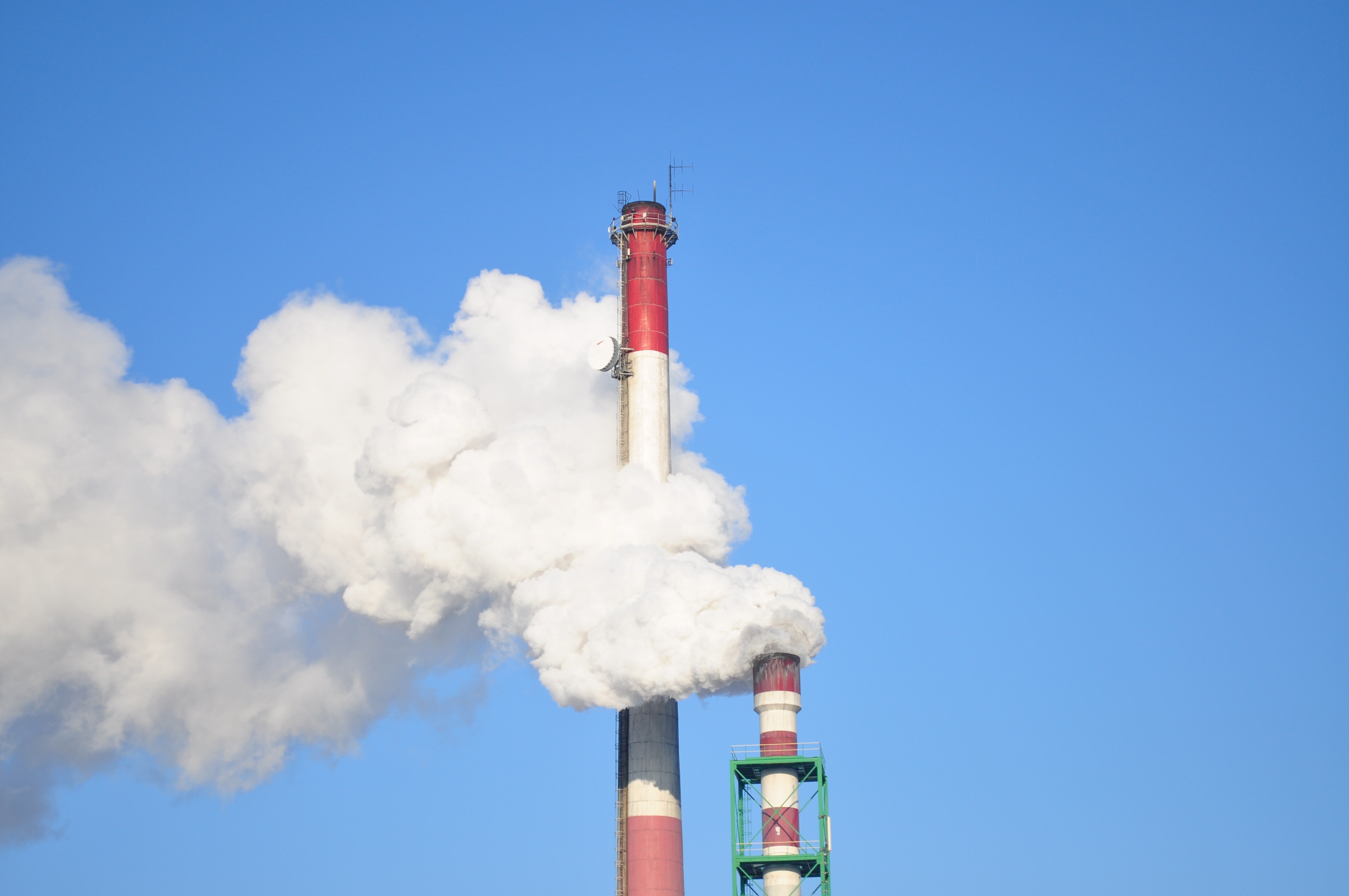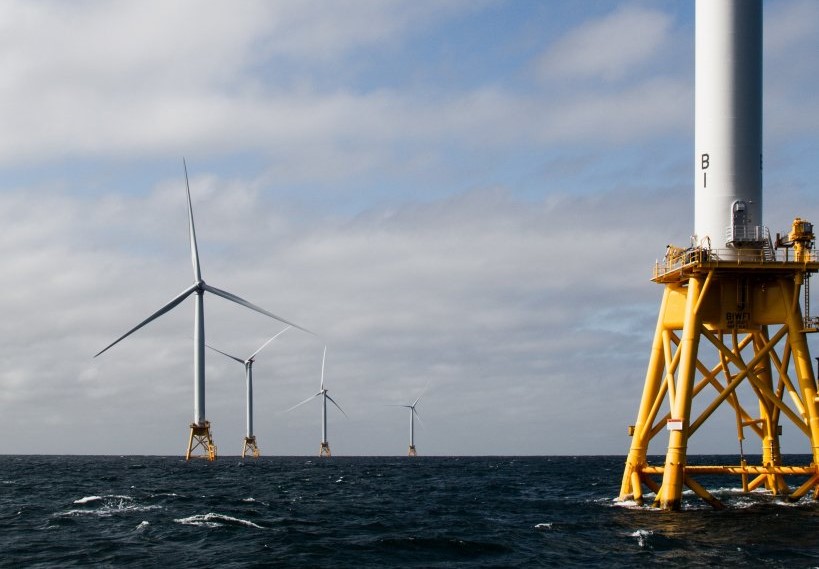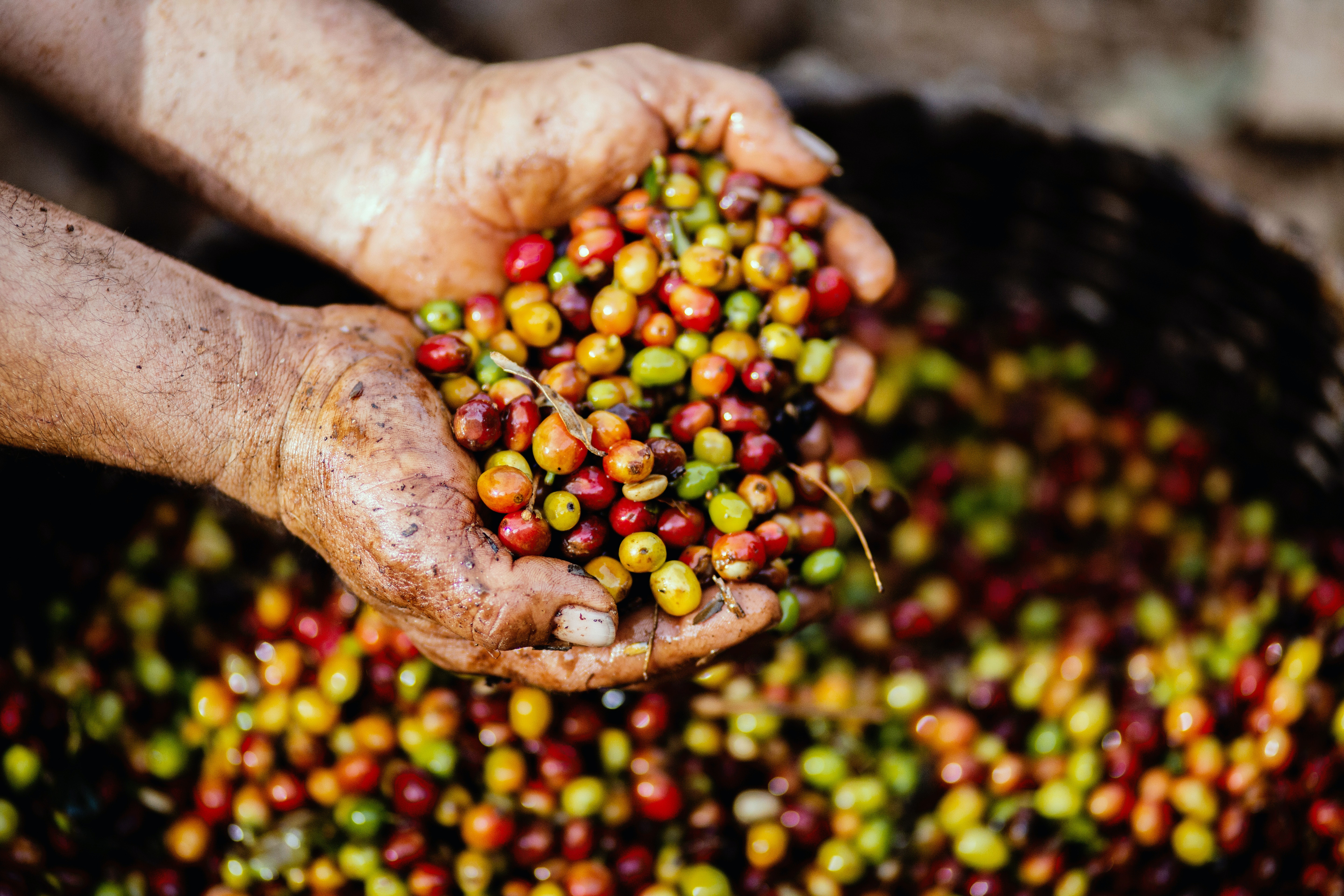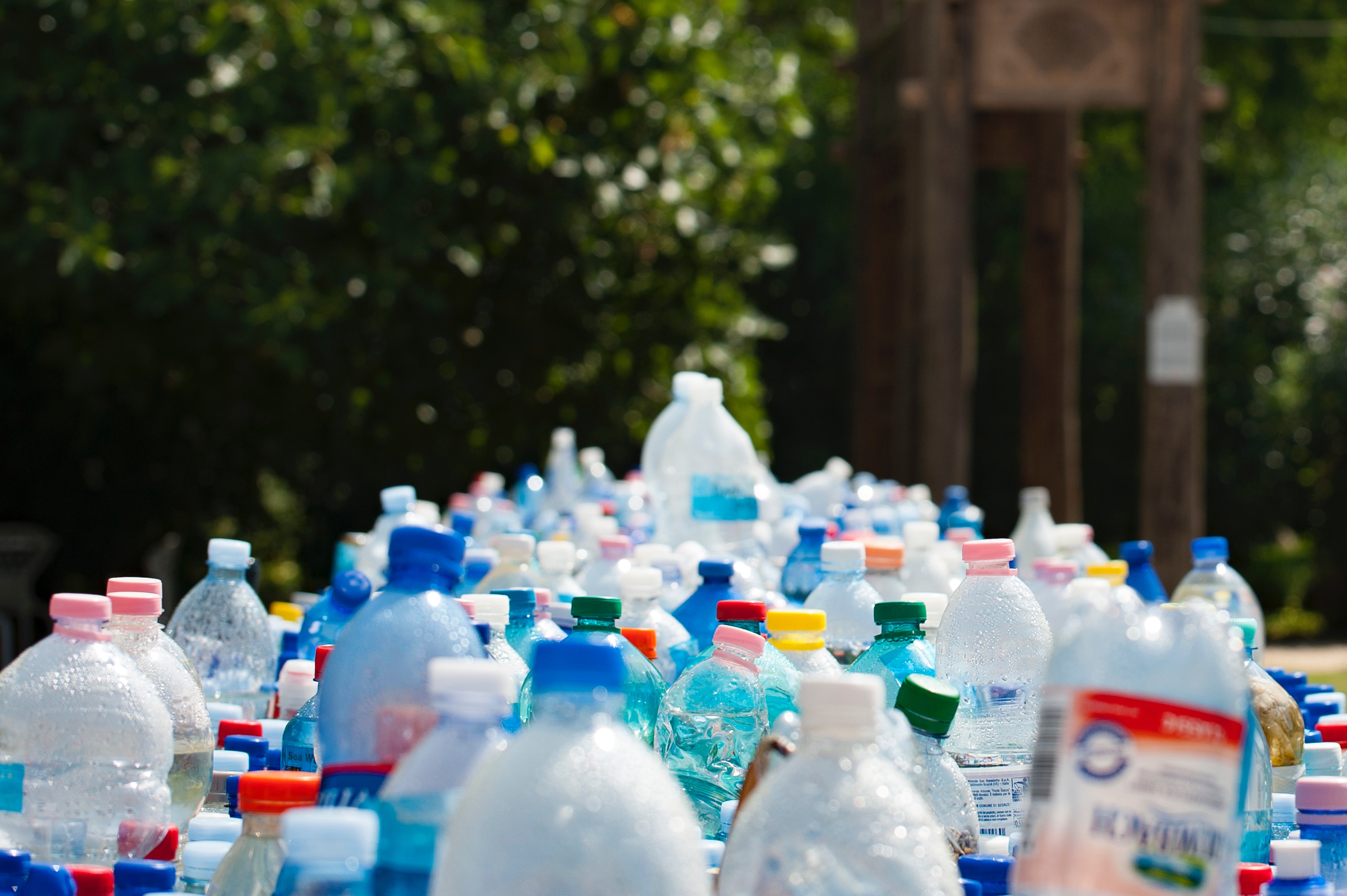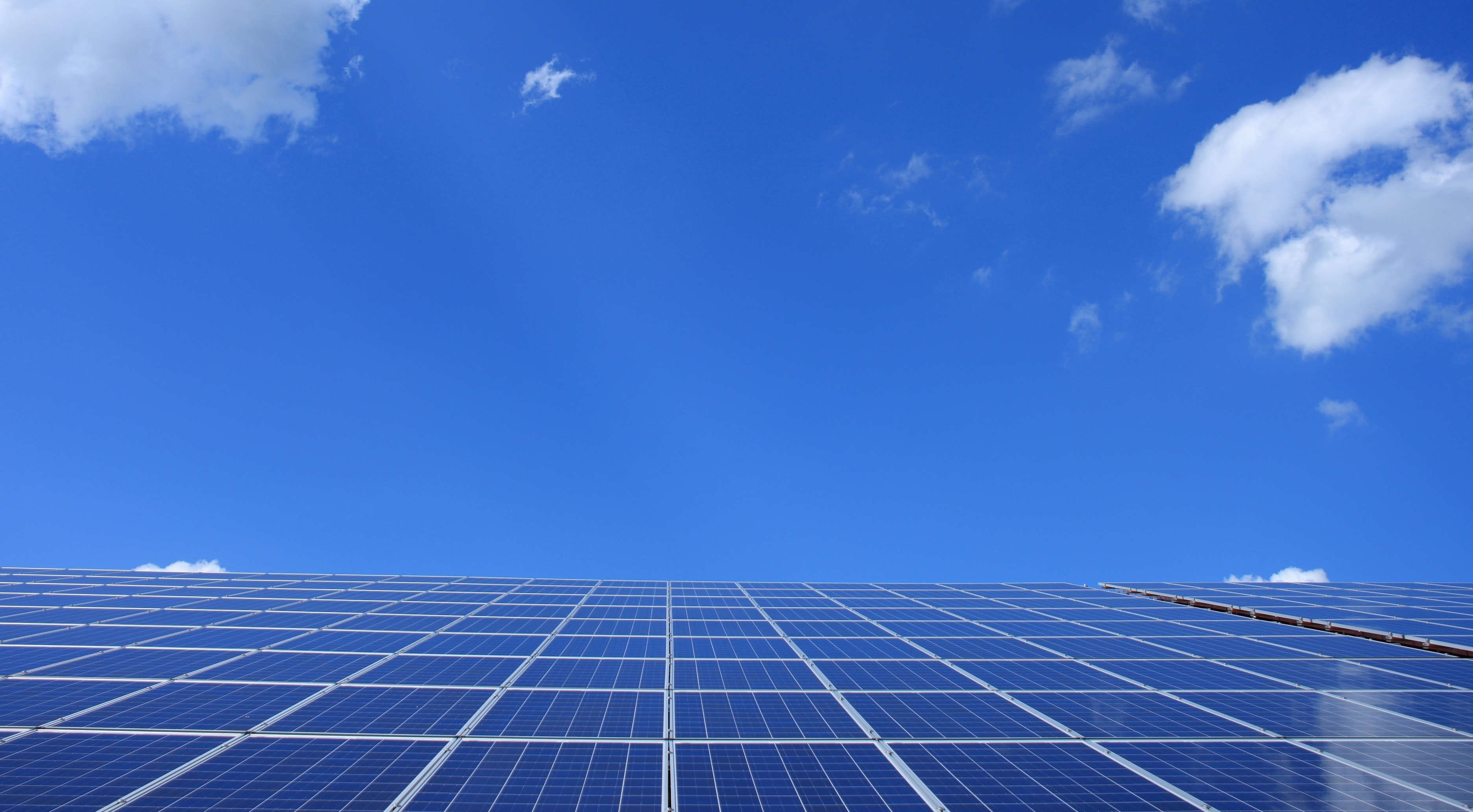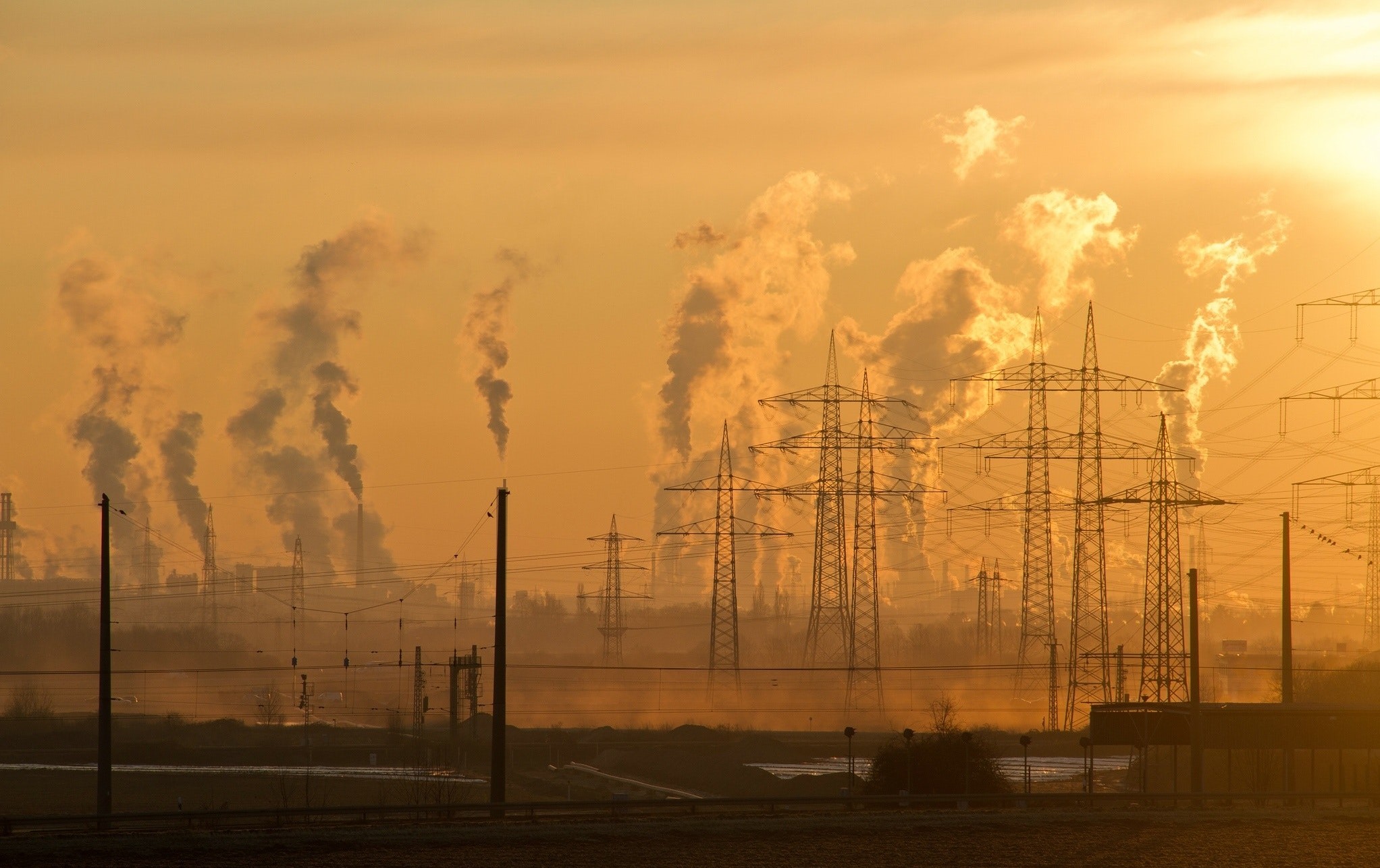Author: Grace Liu ‘23
Welcome back to another semester of Good News Fridays! We thought that this would be a great way to kick off the blog again, and we are so excited to share positive environmental news with you each week. In this post, we’ll cover the recovery of panda populations in China, a carbon-sinking cement, and a drought-resistant seed coating.

- Giant Pandas Rebound: Wild giant pandas in China have reached a population of approximately 1,800, and the Chinese government has officially designated them as no longer an endangered species. They are still classified as vulnerable, but this is a promising result of conservation efforts. Additionally, there have been increases in the number of other threatened species such as snow leopards, crested ibis, and Tibetan antelope.
- Carbon-Sequestering Paint: A graduate from the Royal College of Art, Kukbong Kim, has developed a paint made from concrete residue which can sequester 20% of its weight in carbon dioxide. Approximately 8% of global carbon emissions are due to the cement in concrete. Thus, Kim hopes that this carbon sinking paint, deemed Celour paint, will eventually offset the emissions from the cement it is manufactured from. The product has the dual benefits of reducing greenhouse gas emissions and diverting concrete waste from landfills where it can have detrimental effects on the surrounding environment.
- Drought Resistant Seed Coating: Scientists have developed a seed coating made of biodegradable waste products which can allow seeds to survive and germinate in water scarce conditions. The coating consists of an outer layer of pectin derived from orange peels and an inner layer of beneficial bacteria and material from silkworm cocoons. The hope is that this will reduce the need for fertilizer and increase crop yields.
Thank you for reading our first Good News Friday of the semester! We wish you a great start to your new schedules, and hope that you will stick around for the weeks to come.






